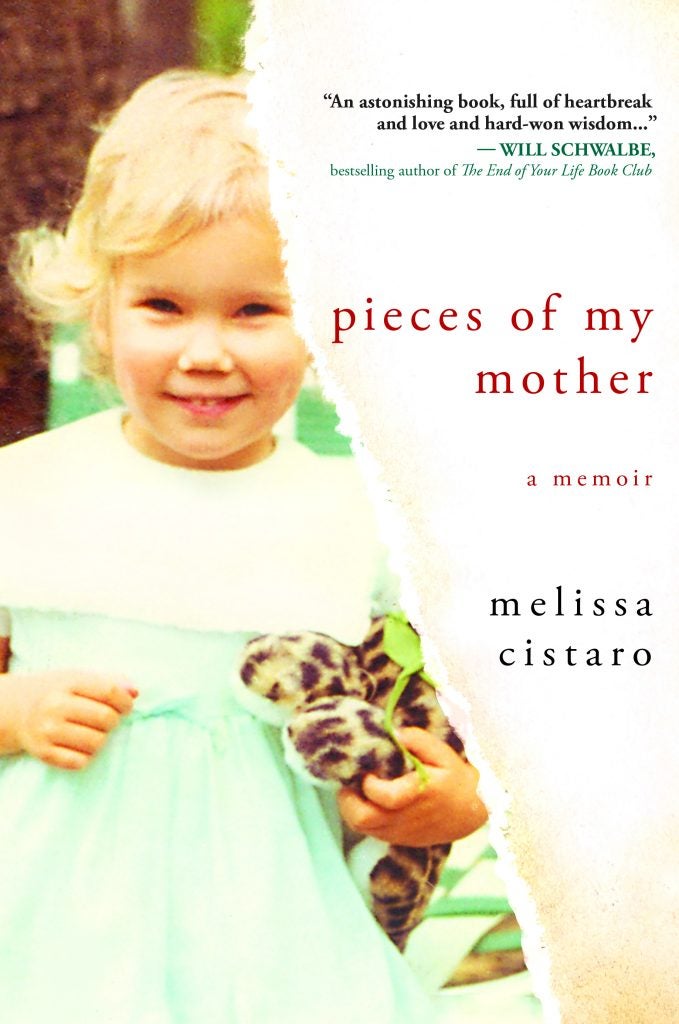On “Pieces of My Mother”: An Interview with Melissa Cistaro
“Geneticists, after all, are studying to see whether there are genes for empathy. I kept asking myself how people are really wired, what traits from our ancestors we carry. This motif is about all the little things we don’t know or aren’t told, or that are kept from us, but that we carry with us—the pieces of us that feel not right, or that are confusing. I’m very much fascinated with the trauma or grief that’s conceivably locked into our bodies—I believe in all that. And in many ways, those women in my past helped me tell my story. I think about them all the time—the choices they did and didn’t have, and how sad and complicated parts of their lives were. So in some ways I felt like I was writing the book to honor these women in my history.”
On “Pieces of My Mother”: An Interview with Melissa Cistaro Read More »
“Geneticists, after all, are studying to see whether there are genes for empathy. I kept asking myself how people are really wired, what traits from our ancestors we carry. This motif is about all the little things we don’t know or aren’t told, or that are kept from us, but that we carry with us—the pieces of us that feel not right, or that are confusing. I’m very much fascinated with the trauma or grief that’s conceivably locked into our bodies—I believe in all that. And in many ways, those women in my past helped me tell my story. I think about them all the time—the choices they did and didn’t have, and how sad and complicated parts of their lives were. So in some ways I felt like I was writing the book to honor these women in my history.”








